In terms of the relationships between slave-owners and those enslaved, there were occasionally situations where the relationship between the two carried weight in a different, less animalistic vein.
Although some slaves were enslaved for their entire lives, there often were deals made between the slave-owner and their victims. Generally the deals were for their labor in exchange for their freedom. However, it would generally take years and years to meet the satisfaction of the slave-owner, and in more tragic cases, they would attempt to recant or modify their deal. Sometimes these deals for freedom would be changed in order to accommodate the slave-owner. For example, a deal where they agreed to grant a family their freedom would be met with only granting the children their freedom, and keeping their mother captive. Or, certain deals were that their freedom would be granted upon the owner's death, leaving their freedom in their will. This situation is how the Dred Scott case (mentioned above) unfolded, because upon his owner's death, Scott sued the owner's wife for freedom.
What draws the relationship between Benito Cereno and Babo into question is this conversation. One should speculate on how Benito Cereno felt in regards to Babo's care for him. Did he have the intention of freeing Babo eventually in exchange for his "companionship?" Given the nature of the scenario, there was nothing he could do to prevent Babo's fate. However, he clearly finds regret in how this whole situation played out.
Two years prior to the release of Benito Cereno (1853), the case of Robin Holmes v. Nathaniel Ford took place in Oregon, United States. The problem was that Ford had promised the Holmes family freedom once they finished helping him start up his farm. Upon completion, they expected to be freed, but instead he kept their four children and planned to sell them back to Missouri. What is confusing here is that their relationship wasn't entirely aggressive until the final moments of the contract.
Benito Cereno did not have a say when it came to the court's rule over Babo's life. If the story ended with them alive, would Benito Cereno have released Babo into freedom, or in only attempt to use him further once back in the position of power? Would the phrase "follow your leader" be flipped?
Lockley, Fred. “The Case of Robin Holmes vs. Nathaniel Ford.” The Quarterly of the Oregon Historical Society, vol. 23, no. 2, 1922, pp. 111–137. JSTOR, JSTOR, www.jstor.org/stable/20610207.
 The "Golden Round" - how ships circumnavigated the continents, or the globe, prior to construction of the Panama and Suez canals.
The "Golden Round" - how ships circumnavigated the continents, or the globe, prior to construction of the Panama and Suez canals.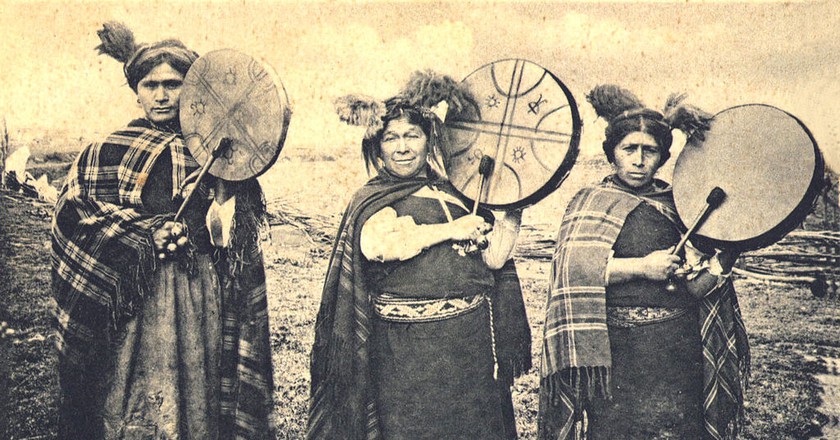
 Robert Shore, The San Dominick, 1965
Something similar to the "ample oval" appears to be on the visible side of the ship, just in front of the stern. The figures are, unfortunately, indiscernible.
Robert Shore, The San Dominick, 1965
Something similar to the "ample oval" appears to be on the visible side of the ship, just in front of the stern. The figures are, unfortunately, indiscernible.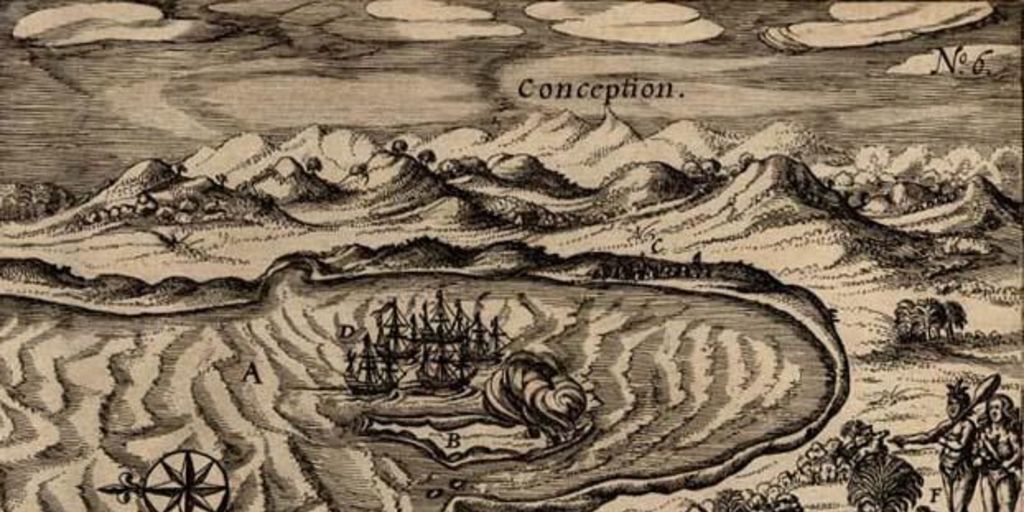

 A.D. Edwards,
A.D. Edwards,  The Malaysian archipelago was a major center of the spice trade and maritime commerce with Europe. Its takeover, first by Portugal in 1511, then by the Dutch East India Company in the mid-16th century, and followed by British colonization at the end of the 18th century, further complicated the diverse socioeconomic and cultural conditions that develop in the midst of international trade. Then as now, the flow of capital and goods made piracy a lucrative, albeit dangerous, activity.
For more information see
The Malaysian archipelago was a major center of the spice trade and maritime commerce with Europe. Its takeover, first by Portugal in 1511, then by the Dutch East India Company in the mid-16th century, and followed by British colonization at the end of the 18th century, further complicated the diverse socioeconomic and cultural conditions that develop in the midst of international trade. Then as now, the flow of capital and goods made piracy a lucrative, albeit dangerous, activity.
For more information see 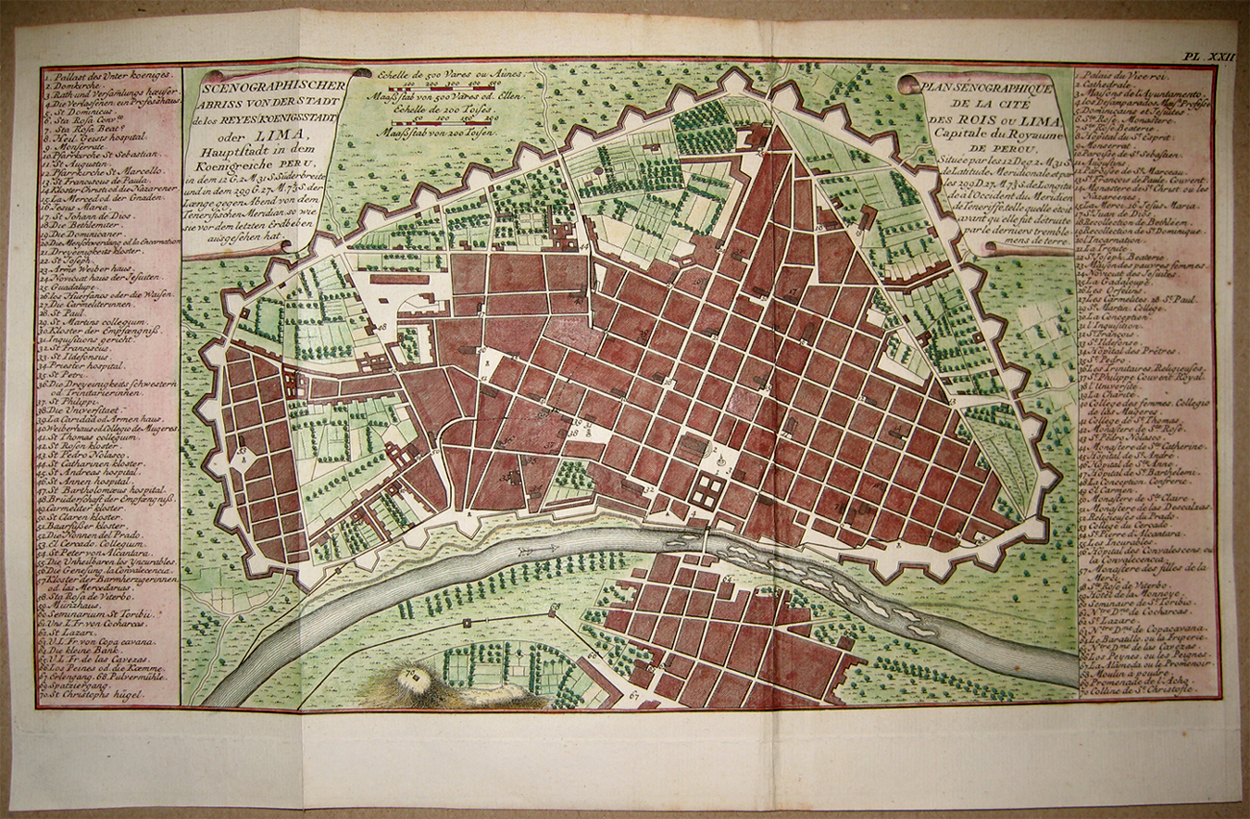 Map of Lima, cir. 1750
Map of Lima, cir. 1750 Painting of a victim of the Inquisition paraded through streets by afro-Peruvian painter
Painting of a victim of the Inquisition paraded through streets by afro-Peruvian painter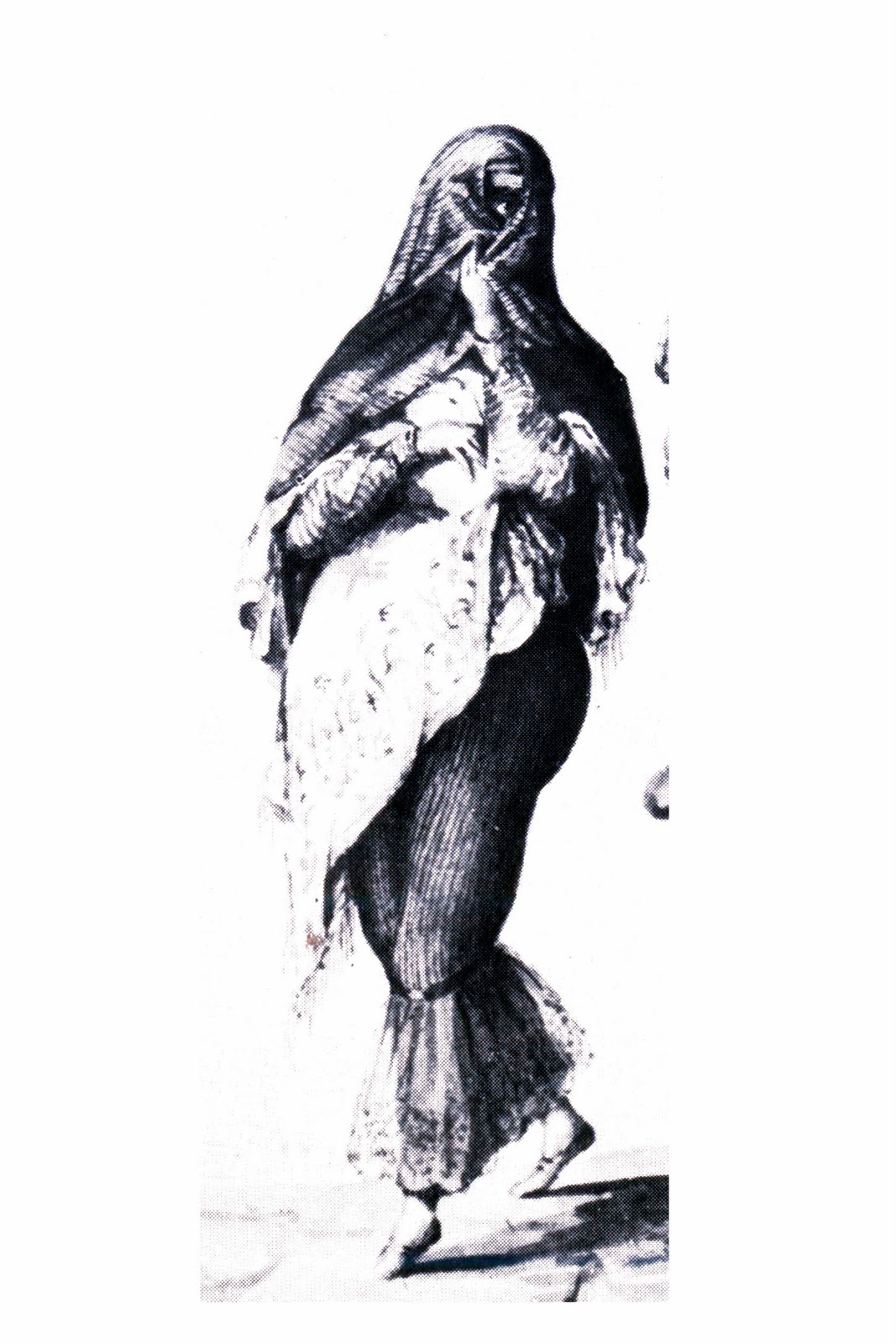 See
See 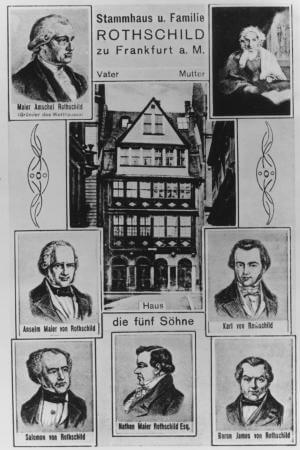
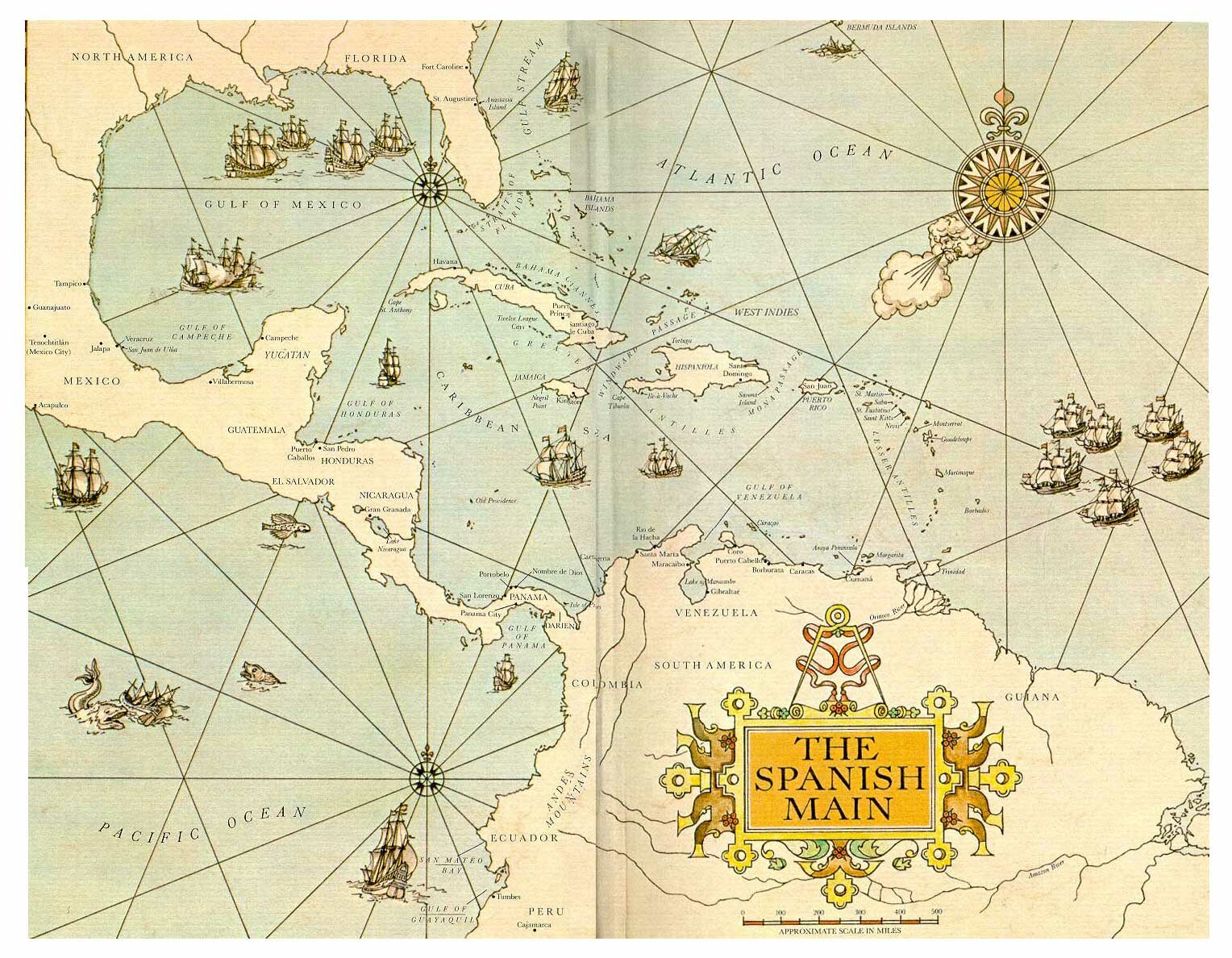

 Map of Roman ghetto, 1777
Map of Roman ghetto, 1777 Franz Ettore Rosler (1845-1907), "Vicolo Capocciuto in Ghetto (rione Sant'Angelo)" cir. 1880
Franz Ettore Rosler (1845-1907), "Vicolo Capocciuto in Ghetto (rione Sant'Angelo)" cir. 1880 Image: Mauricio_Rugendas (1802-1858), Study for Lima's Main Square, cir. 1843.
Image: Mauricio_Rugendas (1802-1858), Study for Lima's Main Square, cir. 1843. Map of Santa Maria, 1700
Map of Santa Maria, 1700
